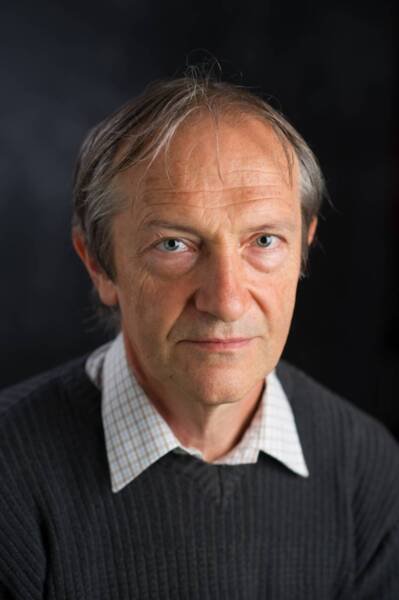He wants to find the vulnerability in cancer
Jiří Bártek, Professor of Cancer Biology at the Department of Medical Biochemistry and Biophysics researches the checkpoint systems that monitor cell division in our bodies. These systems are there to ensure that division occurs at the correct pace and to check the quality of DNA replication. Flaws in these controls can lead to cancer and affect ageing and immunity.

The continual division of cells in our bodies is pre-conditional to life; however, the process is a complex and delicate one and subject to serious error. Professor Bártek’s research concerns the different control systems that the cell has at its disposal for avoiding such damage.
“One aspect is checking how often the cells divide,” says Professor Jiří Bártek. “If they start to divide at an uncontrolled rate it causes a cancer. Another aspect is checking the genome quality on cell division. When DNA is replicated, it’s important for the copy to be as close as possible to the original. Replication damage to DNA can lead to disease, including cancer. How quickly we age and how well our immune system works is partly the outcome of how well our DNA can avoid replication damage.”
New targets for cancer therapies
Professor Bártek hopes that his research will help science to discover new targets for cancer therapies, and his group has recently published one such proposal.
“When we learn more about what distinguishes cancer cells from normal cells, we’ll increase our chances of discovering mechanisms that the cancer cells are particularly dependent on,” he says. “We’ll then have found a vulnerability in the cancer, and a point of attack for treatment.”
Another research line for Professor Bártek is biomarkers as clinical tools in the choice of cancer therapy.
“It’s important for cancer patients to be given the right treatment as soon as possible after diagnosis,” he explains. “But there’s often a whole gamut of therapies, some of which are not as good for the patients. Tests able to predict which one will be effective are therefore valuable.”
Text: Anders Nilsson, first published in the booklet "From Cell to Society" 2015. Translation: Neil Betteridge.
